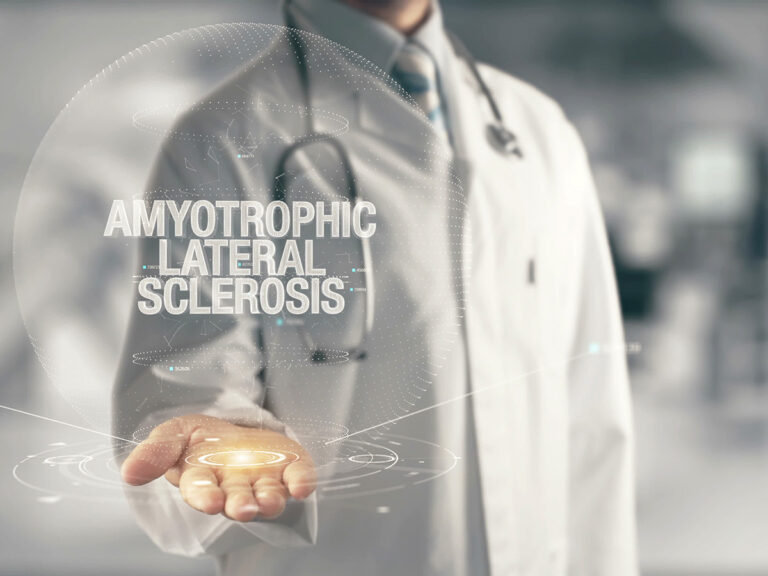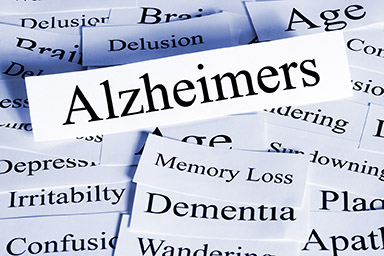Watching a loved one slip away to dementia is one of the most awful experiences a family can face. Understanding the final stages of dementia can help families better cope with the heartbreaking grief and prepare for what’s to come
As your loved one’s journey nears its end, you might notice changes like increased sleep, reduced appetite, or difficulty communicating. These symptoms can be distressing for a caregiver to see. Know that you don’t have to go through this time alone. Hospice services provide a comfortable environment for your loved one.
Along with compassionate care for them, you as a caregiver will get invaluable resources and support. Read on to learn more about the signs a dementia patient is near death and how hospice care can help.
Are you or a loved one living with a chronic or terminal illness?
The Sage Family of Companies is here to help.
Are you or a loved one living with achronic or terminal illness?
The Sage Family of Companies is here to help.
What Is Dementia?
Dementia is a term for a group of disorders that affect memory, thinking, and language. The disease is caused by damage to nerve cells in the brain and interferes with day-to-day functioning. There are several different types of dementia, including Alzheimer’s disease, which is the most common.
Dementia ranges in severity. Mild stages cause forgetfulness and difficulty concentrating. More severe stages require complete dependence for daily living. Often, loved ones grieve throughout the course of the disease, rather than all at once as with a sudden death. With dementia, death itself can come with a degree of relief.
10 Signs Death Is Near in Dementia Patients
Both physical and mental symptoms manifest when dementia patients are nearing the end of life. Understanding these 10 signs that death is near can give your loved one the best care they can get. It can also get your family ready, and give you proactive ways to help.
Increased Physical Weakness
Toward the end of life, dementia patients experience extreme fatigue and physical weakness. Your loved one will need help with everyday tasks like bathing, grooming, eating, and dressing. They may not be able to get out of bed and will need help using the bathroom.
Communication Difficulties
Most patients nearing death with dementia can’t communicate with family or their health care team. Their speech may dwindle to just a few words and may be incoherent. They’ll also understand little of what’s said to them.
Decreased Appetite
When a person is dying from dementia, their appetite decreases. They may refuse to eat or drink at all in their final days. This can be distressing for loved ones, but it’s normal and a sign that death is imminent.
Difficulty Swallowing
Along with decreased appetite, people with late-stage dementia may lose the ability to chew or swallow easily. This increases choking risk. It can help to cut their food into small pieces and offer soft options like yogurt, applesauce, and mashed potatoes.
Changes in Sleep Patterns
When death is near, dementia patients tend to sleep for most of the day and night. This is because the brain becomes so damaged from the illness that it’s too exhausting to stay awake.
Increased Infections
People with end-stage dementia have a higher risk of infections, particularly urinary tract infections (UTI’s) and chest infections like pneumonia. Hospitalizations are also more common at this time.
Incontinence
Bladder or bowel incontinence are common at the end of life. These are added signs a dementia patient is near death.
Mood and Behavioral Changes
Patients often won’t be able to self-regulate their moods and actions. They may react strongly when feeling uncomfortable. For example, they may get angry when they’re in pain or need to use the bathroom but can’t communicate. When death is near in dementia patients, they might also have emotional outbursts when they don’t understand what’s happening.
They may become withdrawn and experience confusion and delirium. This can be distressing for loved ones. You can soothe them by speaking gently in short, clear sentences. Alert your health care team if confusion gets worse very quickly, over a matter of hours or days.
Changes in Skin Color and Body Temperature
Your loved one’s skin color may change, becoming mottled with blue, purple, or grey. When death is imminent with dementia, their body temperature may drop quickly and their skin may feel cold to the touch.
Labored Breathing
Near the end of life with dementia, breathing tends to slow down. Your loved one’s breathing may alternate from shallow to deep and rapid.

Managing End-of-Life Dementia Symptoms: How Hospice Can Help
Most people nearing the end of life with dementia need round-the-clock care. Hospice provides compassionate treatment to take care of their physical needs.
Physical Care
Hospice offers pain management and help with bathing, grooming, and using the bathroom. It can also provide a hospital bed and other equipment if your loved one can’t sit up or move on their own.
Help With Eating
One of the most upsetting end-of-life dementia symptoms for families is when their loved one stops eating or has trouble swallowing. Feeding tubes typically aren’t recommended for end-stage dementia patients who don’t understand their purpose and may try to pull them out. This can increase their pain and risk of infection.
Rest assured that your hospice care team will continue to offer food to your loved one, but will never force them to eat. Rather, they’ll ensure comfort through the dying process by keeping their mouth and lips clean and moist with frequent, small sips of water.
Emotional Help
In addition to physical needs, hospice care also provides emotional and spiritual support for patients and loved ones. You and your family members can get bereavement counseling, support groups, and conversations with faith leaders.
When are Dementia Patients Eligible for Hospice Care?
Dementia patients can get hospice care when their doctor says their life expectancy is six months or less. Many patients qualify for hospice care much earlier than their families realize. The benefits are better symptom management and improved experiences for patients and their families.
Contrary to what some people think, hospice care doesn’t mean you’re giving up on your loved one. It’s a gift of comfort and peace during their final weeks and months. If a patient lives beyond six months, their doctor can re-certify that they’re still terminal. This keeps the patient in hospice care.

Supporting a Loved One With End-Stage Dementia
Watching a loved one suffer end-of-life dementia symptoms is heartbreaking for family members. You may feel helpless, but there are several important ways you can provide support.
Most dementia patients close to death are “nonverbal.” That makes it important to watch for signs of pain or discomfort, such as moaning, grimacing, and restlessness. If your loved one shows frequent distress, talk to their health care team about pain management.
Although you may no longer be able to communicate with your loved one, your presence can be comforting. Talk to them, hold their hand, and offer gentle caresses.
End Stage Dementia FAQ
Here are the most frequently asked questions about the 10 signs death is near with dementia.
What is the life expectancy for a person with dementia?
The life expectancy of a person with dementia varies. On average, people with Alzheimer’s disease, the most common form of dementia, live for four to eight years after diagnosis. However, some live another 20 years.
What do most dementia patients die from?
The most common causes of death in dementia patients are infections, such as pneumonia, falls, heart issues, and malnutrition.
What are the final signs hours before death with dementia?
Hours before death, a dementia patient’s body and blood temperature typically drop. Their skin will feel cold and may appear blue, purple, or grey. Breathing tends to become irregular and they may gasp for air. Their heart rate will slow down.
Summary
While no one can predict exactly when or how a person with dementia will die, there are signs the end of life is near. It’s important to be aware of them so you can prepare for what’s to come.
Your hospice care team will tell your family when your loved one has end-of-life symptoms with dementia. The hospice team will keep them as comfortable as possible. The Sage Family of Companies is here to answer any questions you may have.
Article Resources
- What is Dementia? Symptoms, Types, and Diagnosis ,NIH, 2022.
- What is Alzheimer’s Disease?, Alzheimer’s Association.
- Care in the Last Stages of Alzheimer’s Disease, NIH, 2024.
- Stages of Alzheimer’s, Alzheimer’s Association.
- How Does Dementia Cause Death?, Alzheimer’s Research UK.






